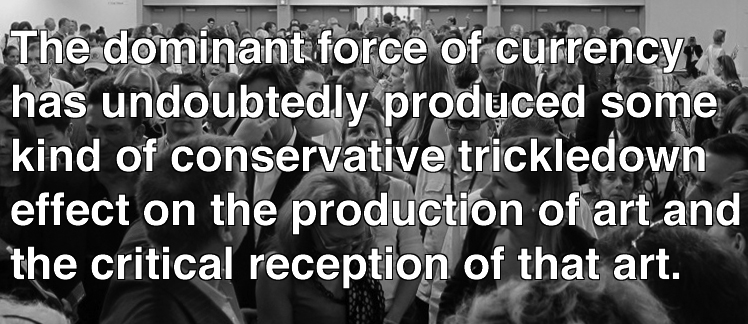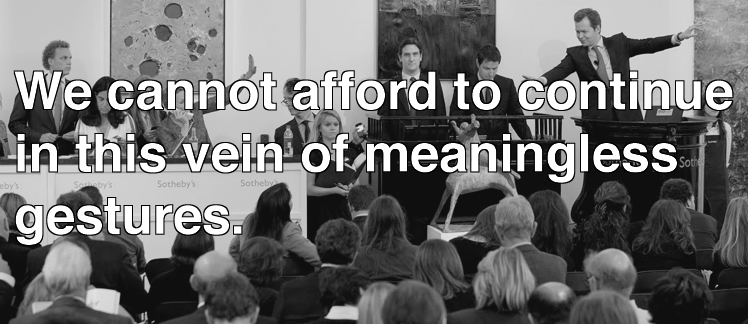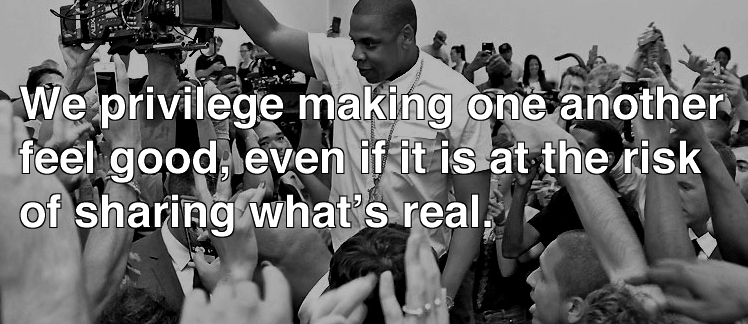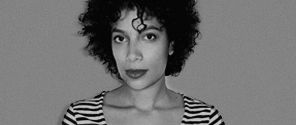
I’ve been reading Hilton Als’s recently published White Girls. We hear about the white women who have influenced Als personally by way of the words they have written (Flannery O’Connor), the movies in which they have starred (Gone with the Wind), and the intimate conversations they’ve shared (in Upper West Side adolescent bedrooms). Als ruminates on the felt personal affects of this group of cultural authors. The term “white girl” here describes an embodiment, a politics of identity, a gendered performance, a mood, and/or a way of being. I haven’t finished the book, but I will say that the candor Als displays toward these complex subjects has prompted me to consider more deeply what makes us— what makes me—reluctant to speak my politics.
I find that the act of expression, be it in a dedicated political forum or from the self—but those things are interchangeable—has become an increasingly threatened effort. In today’s conservative climate, it seems that we are all maintaining a very quiet resistance to our own self-expression in order to maintain the status quo. While in the company of others, at least, we seem to have trouble stating an opinion about what we actually think about what we’re seeing, about what turns us on, or whether that object simply isn’t good. I am reflecting upon my own modes of speaking and at the same time I am speaking about my observations of others.

I should say that I am viewing this dilemma specifically through an “art” lens, as the art context is the field in which I am engaged. Perhaps it is that we don’t have many forums within which we feel encouraged to speak frankly about, or to problematize, what we have encountered. We may be under the safe cloak of the academic institution, but even that has its problems, therefore impacting our relationship to the truth. But who are we afraid of offending, really? What other conditions does this self-censoring entail? Have our articulations and assertions —our honesty—become undervalued and compromised in this particular atmosphere? I think there is an absolute link between an absence of the political (in our reception and/or digestion of things) and the illusion of security that money offers.
None of us who roam in the art field are ignorant to the fact that the market has a stranglehold on things. Jerry Saltz seems to wax on the topic every six months or so; the Village Voice published an indictment on the subject with an article titled “How Uptown Money Ruins Downtown Art,” and Los Angeles’s sole art critic, Christopher Knight, assures us that the market is certainly not our best judge of artistic quality. It is also an increasingly popular topic in economic news outlets. As the flow of money continues to distract from critical thought, and as the money becomes increasingly privatized (and this is in any sector), the more closed-in we become and the less likely we are to share resources. Those who “have it” are hoarding it. And, somehow, the wealth is creating less cerebral space; money is suppressing something incredibly valuable.

The dominant force of currency has undoubtedly produced some kind of conservative trickledown effect on the production of art and the critical reception of that art. I often hear the words “fantastic” and “amazing” being bandied about in the act of appraisal—I’m guilty of using them myself—but if really pressed to communicate exactly what those qualifiers were meant to describe, I’m not sure that you would end back at the place where you started, in your own mind. As a millennial, I worry that everything is moving too quickly for us to consider any of its implications or its complications when we are presented with new images and information. This admission was met with relief when I shared it with a member of an older generation recently. Our mantra is to register, affirm, and carry on. The discourse around art is growing empty.
I felt a true parallel to the arts being described when I read critic and philosopher Slavov Zizek’s assessment of what was, at the time, a little known spectacle that unfolded during Mandela’s televised funeral. It was later discovered that the African National Congress’s qualified interpreter was delivering fake sign language during the service. Zizek described it as something perfect: it was the emptiness of politics writ large in a meaningless display of gestures. Thamsanqa Jantjie’s presentation of nonsensical signs to a bereft global community was a hollow act, meant only to make the crowd feel good. We privilege making one another feel good, even if it is at the risk of sharing what’s real.
We cannot afford to continue in this vein of meaningless gestures. Is it that we increasingly fear risk? Regardless, I need to start feeling some kind of obligation to create change by thinking differently, and to resist what is normative and regurgitated to me through the media. Like any revolution, it can start quietly, but it has to start somewhere.

As I begin to concretize the politics evidenced in my own practice, I want to be conscious of how social justice informs it. I look to generative sites like Project Row Houses and its precedent, Watts House Project, to consider what kind of impact is truly relevant and lasting to both individuals and communities. Beyond generating critical discourse, it is important to create a space for learning and to offer diverse models for knowledge-sharing. The recent passing of Amiri Baraka, revolutionary thinker, poet, and founder of the Black Arts Movement, forced us to confront his legacy; his righteous explosion of words and furious politics. Figures like Baraka, particularly in the black community, are from a generation that is slowly beginning to disappear. Who will maintain that polemical voice?
The last time I felt compelled to act out against something truly unjust (and it had been since the Bush administration) was when the State of Florida declared George Zimmerman not guilty for the murder of sixteen-year-old Trayvon Martin. I was furious. I was despondent. I lay in bed in defeated silence for much of the next day. And then I had to get out. I had to yell and to feel something, and to express it in the company of other people—people who were equally devastated by such a total erasure of one human’s rights. The sad irony is that by the time our Metro train arrived in Hollywood, the last strains of the luminous 24-hour protest that began in Leimert Park earlier that day—eventually stopping afternoon traffic to march itself across the 10 Freeway and continue its journey across Los Angeles—had disbanded, evaporating into the glittering night. I felt I had lost my words again.
If the New Year brings with it resolution, mine is to find more of my words.
—Amanda Hunt, Los Angeles, 2014
